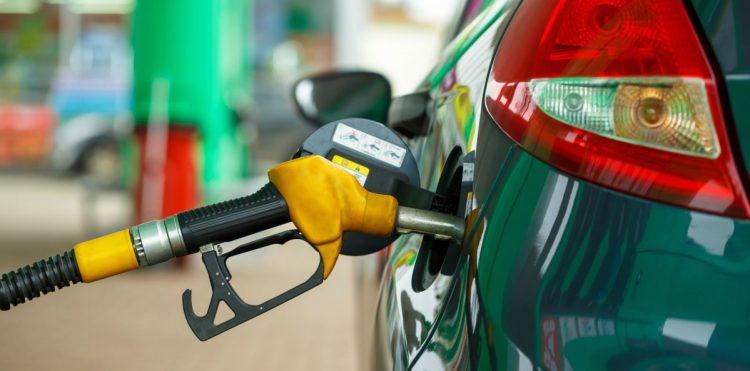Honda and Nissan are reportedly engaged in early-stage talks about a potential merger to better compete with electric vehicle (EV) manufacturers, particularly in China. This comes after the two Japanese automakers agreed in March to explore a strategic partnership focused on EVs.
In response to the BBC’s inquiry, both companies issued identical statements, saying, “As announced in March of this year, Honda and Nissan are exploring various possibilities for future collaboration, leveraging each other’s strengths.”

The move comes as car manufacturers face growing competition amid the global shift from petrol and diesel vehicles to electric, with production in China surging. While Honda and Nissan have not officially denied the reports—first published by the Nikkei—they clarified that this is “not something that has been announced by either company.”
The discussions are understood to be in the preliminary phase, with no assurance that a deal will be reached. “If there are any updates, we will inform our stakeholders at the appropriate time,” the companies added. It is expected that they will confirm the talks officially as soon as next week, according to Japanese TV channel TBS.
Nissan also declined to comment on a Bloomberg report suggesting that Foxconn, the iPhone maker, had approached Nissan about taking a controlling stake. Foxconn did not immediately respond to BBC’s request for comment.
A merger between Japan’s second and third-largest car manufacturers could be complex for various reasons, including potential political scrutiny in Japan due to possible job cuts. Nissan would also likely have to dissolve its existing alliance with French automaker Renault.
In addition to their March agreement to collaborate on EVs, Honda and Nissan strengthened their partnership in August, agreeing to collaborate on batteries and other technologies. They also announced plans to discuss intelligence and electrification with Mitsubishi Motors, which is part of a potential wider partnership.
The Nikkei further reported that Nissan and Honda may involve Mitsubishi in any future partnership, as Nissan is Mitsubishi’s largest shareholder.
Following the news, Nissan’s shares surged by more than 23% in Tokyo on Wednesday, while Honda’s shares fell by around 3%, and Mitsubishi’s shares jumped nearly 20%.
“The thought that some of these smaller players can survive and thrive is getting more challenging, especially when you add on the complexity of all the additional Chinese manufacturers who have come in and are competing quite strongly,” said Edmunds analyst Jessica Caldwell.
“It’s just sort of necessary to survive, not only to survive but also just to afford the future.”
Honda and Nissan have been losing market share in China, which accounted for almost 70% of global EV sales in November.
The two brands had combined global sales of 7.4 million vehicles in 2023, but are struggling to compete with cheaper EV makers such as BYD, which has seen its quarterly revenues soar, beating Tesla’s for the first time in October.
Jesper Koll, from the Japanese online trading platform operator Monex Group, questioned whether a merger could make the companies more competitive.
“Is this really just rearranging the deck chairs on the Titanic in the sense that neither Honda nor Nissan have any products or any technologies that global consumers want?”
“From that perspective, it’s a nice rescue, but it’s not creating a new national champion.”
























































![[FREE FREE MONEY] Predict and Win a Guaranteed GH¢200 From Us EVERY WEEK](https://wordpress.ghanatalksradio.com/wp-content/uploads/2022/02/Predict-and-Win-Final-09-03-2021-218x150.jpg)
![[Predict & Win – 8th/Oct.] WIN A Guaranteed ¢200 From Us This Week](https://wordpress.ghanatalksradio.com/wp-content/uploads/2021/10/maxresdefault-16-218x150.jpg)
![[Predict & Win – 2nd] WIN A Guaranteed ¢200 From Us This Week](https://wordpress.ghanatalksradio.com/wp-content/uploads/2021/09/maxresdefault-50-218x150.jpg)
![[Predict & Win – 25th] WIN A Guaranteed ¢200 From Us This Week](https://wordpress.ghanatalksradio.com/wp-content/uploads/2021/09/maxresdefault-36-218x150.jpg)
![[Predict & Win – 18th] WIN A Guaranteed ¢200 From Us This Week](https://wordpress.ghanatalksradio.com/wp-content/uploads/2021/09/maxresdefault-23-218x150.jpg)








![[National cathedral] See full list of churches that have contributed since 2018](https://wordpress.ghanatalksradio.com/wp-content/uploads/2020/09/Ghana-National-Cathedral-GhanaTalksRadio-100x70.jpg)



